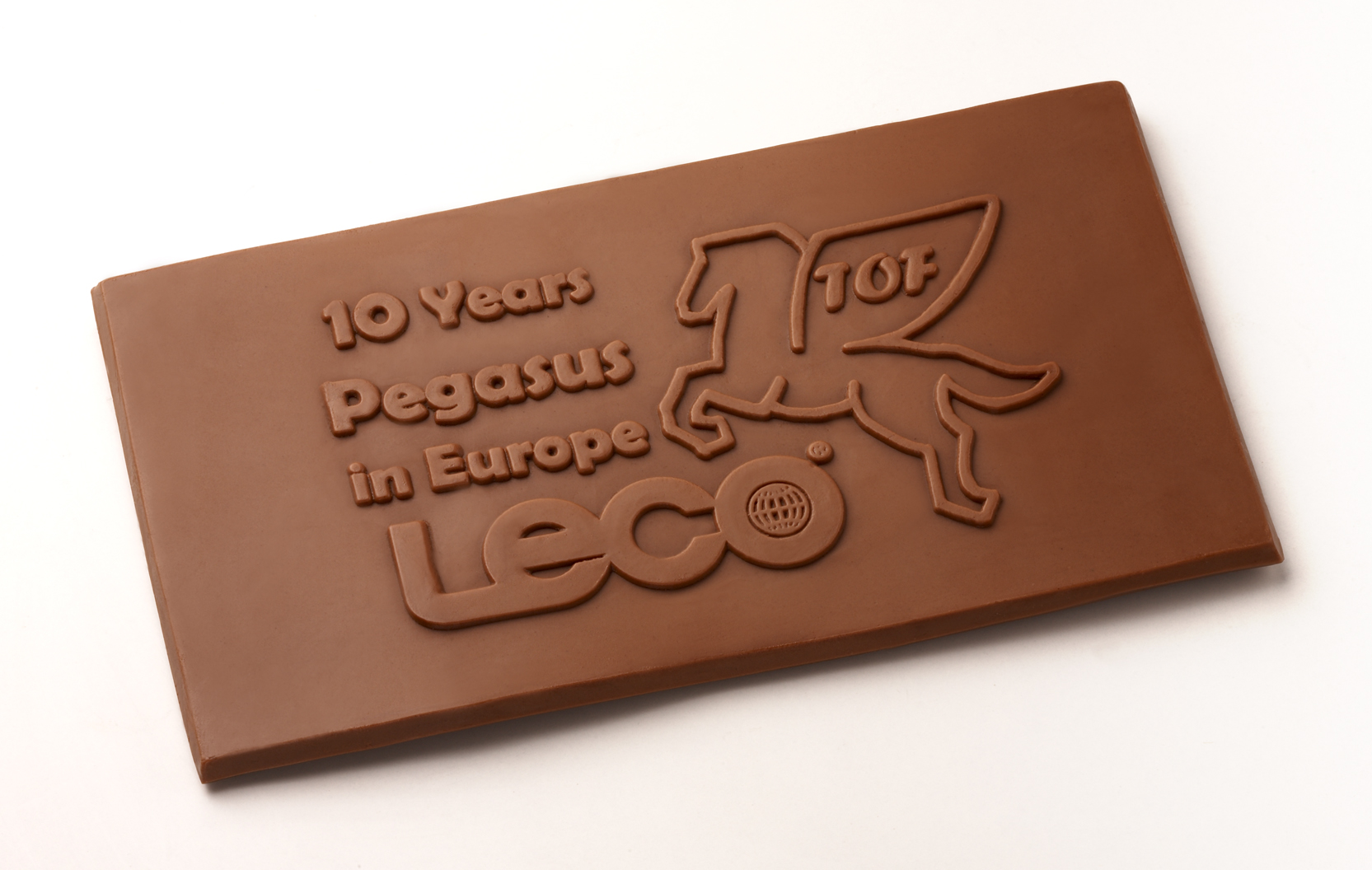In a recent ruling on chocolate labeling, the European Court of Justice set clear boundaries. The Italian practice of using the quality designation “pure chocolate” has been declared unlawful by the Luxembourg judges.
According to EU law – which also applies in Switzerland – manufacturers are allowed to use up to five percent substitute fats in their chocolate. However, this must be clearly stated on the label. Conversely, producers may also highlight on their packaging if their chocolate contains only cocoa butter. Whether a product is made entirely from cocoa butter or partially with substitute fats now only needs to be specified in the list of ingredients, according to the ruling.
Traditionally, the chocolate industries in Italy and Belgium – from which Schokologo sources its raw chocolate for personalized corporate gifts – rely almost exclusively on cocoa butter. By contrast, in the UK it is common to use a significant proportion of other vegetable fats. Back in 1999, however, the EU agreed on a uniform designation: “chocolate” for all products. The additional label “pure chocolate,” introduced in Italy in 2003, was therefore judged by the European Court as a violation of this directive.
